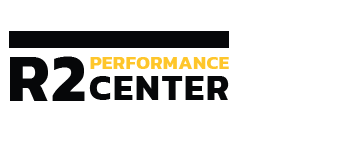

When you need an instant mood boost or a quick tip to get you through the week–or through the next 15 minutes–Resilience in Focus can help. This series of tools and infographics cover common challenges like how to make stress work for you, become more optimistic, cultivate mindfulness and stick to your goals. Start by exploring the topics below, and when you have time to learn more, reach out to your nearest R2 Performance Center to schedule an individual or group workshop.
Resilience in Focus Highlight
Assertive Communication: Modeling Healthy Boundaries for Teens
This article draws on insights from Treva Anderson, Ph.D., a Master Resilience Trainer - Lead Performance Expert and subject matter expert in healthy relationships and communication. She explains how Families can model assertiveness and boundaries in everyday life.
